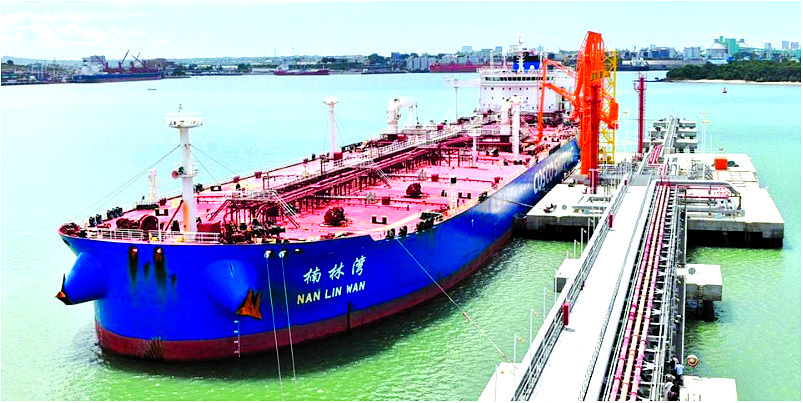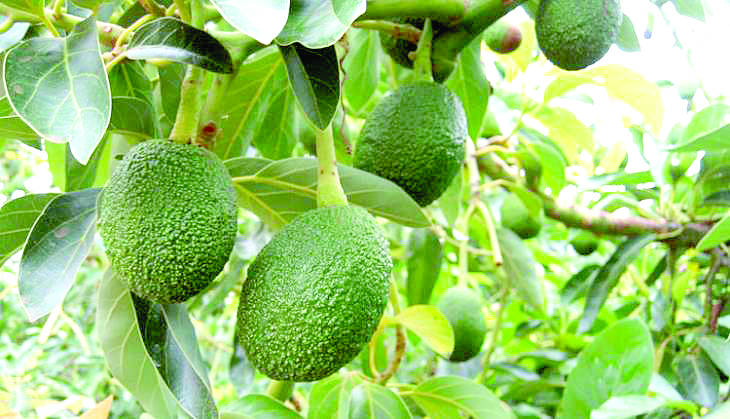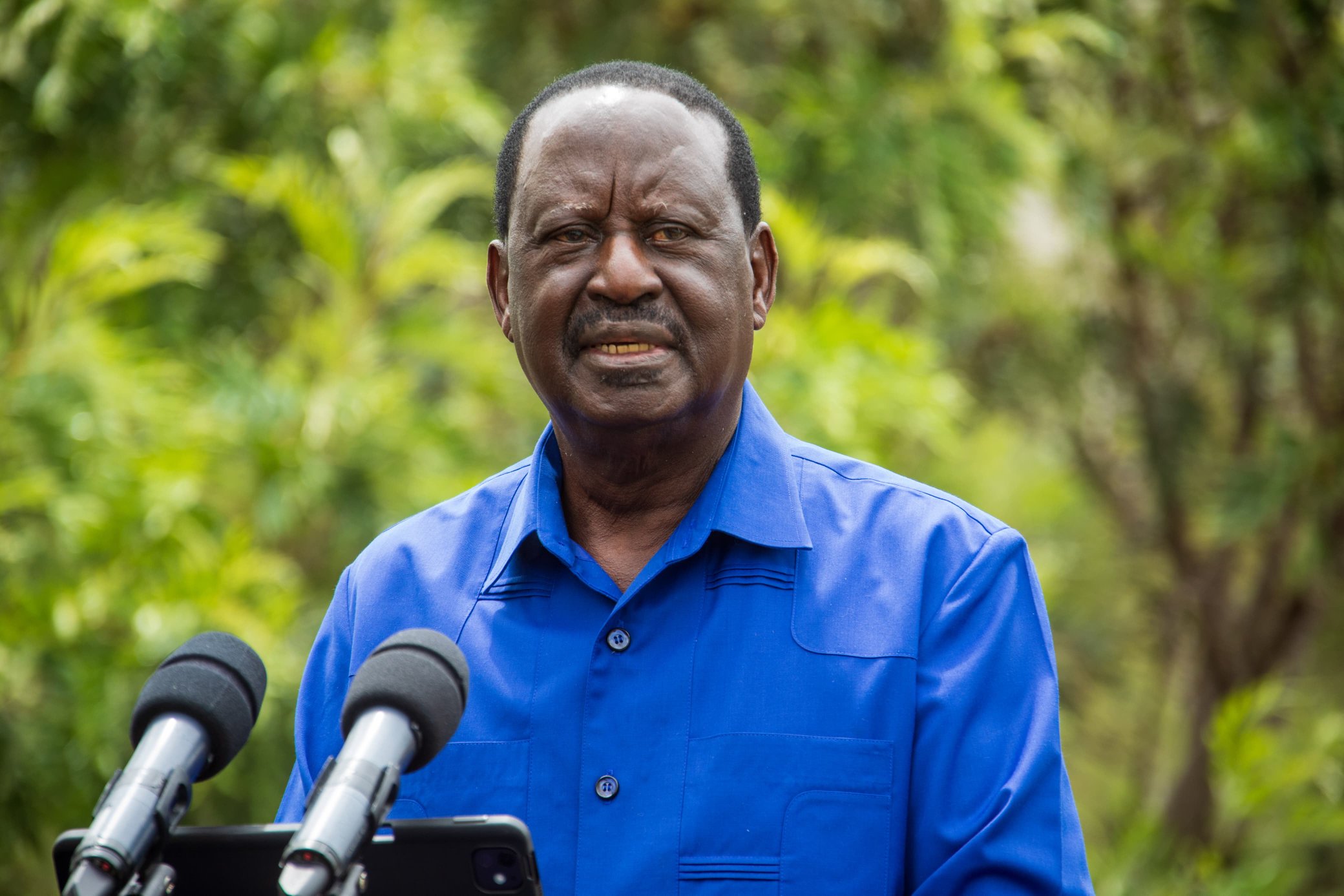Kenya’s oil revenues at risk as Uganda shifts to Dar port

Kenya’s oil infrastructure is set to face a significant setback as the Uganda National Oil Company (UNOC) began importing oil through Tanzanian ports, months after a similar agreement with Kenya.
UNOC said Uganda imports an average of 2.5 billion litres of petroleum annually, valued at $2 billion (Sh265 billion), with the Kenya Pipeline Company (KPC) handling at least 90 per cent of these shipments.
This development is expected to considerably impact KPC’s revenues from transit fuel, likely due to Kenya’s failure to register UNOC in the country to facilitate imports via the Mombasa port, despite multiple requests from Kampala.
Uganda’s efforts to obtain a license even escalated to the regional court in December last year, as the country sought the necessary approval to use KPC’s infrastructure.
UNOC had planned to start direct importation in January but was forced to delay the rollout indefinitely after failing to secure a license from the Energy and Petroleum Regulatory Authority (EPRA).
Kenya’s policy shift
The shift in Kenya’s policy from the Open Tender System (OTS) to a Government-Government (G2G) arrangement further complicated matters, as UNOC found the process lengthy and potentially affecting profit margins, which could, in turn, impact pump prices.
Uganda’s Minister of Energy and Mineral Development, Ruth Ssentamu, expressed frustration with Kenya’s handling of the UNOC deal, stating that it threatened Uganda’s fuel supply stability. “You can’t sit there and be at the mercy of one person,” she remarked.
This situation arises amidst a regional effort to extend KPC’s petroleum products pipeline from Eldoret to Kampala. Uganda’s Minister of Energy and Mineral Development, alongside top officials, met with Kenya’s Ministry of Energy officials, led by State Department for Petroleum Principal Secretary Mohammed Liban.
Competitive edge
During the meeting, Kenya Pipeline Corporation (KPC) Managing Director Joe Sang noted that extending the pipeline to Uganda is a strategic move for Kenya, as the country seeks to regain its competitive edge in the petroleum export market, particularly in light of Uganda’s new importation strategy.
The project involves constructing a multi-product oil pipeline from Eldoret to Malaba (Kenya-Uganda border) on Kenya’s side, while Uganda will be responsible for building a connecting line to Kampala, with future expansions to Kigali, Rwanda, anticipated.
During another meeting in Nairobi in May this year, President William Ruto, while hosting Ugandan President Yoweri Museveni, emphasized the importance of this regional infrastructure. He stated, “We have obliged our respective ministers to take joint urgent measures to mobilize resources for the implementation of this regional shared infrastructure and report on progress by the end of 2024.”
Uganda began negotiations with Tanzania to utilize the Dar es Salaam Port for its oil imports, after an agreement that was formalized on May 25, 2024, during the Second Business Forum held in Dar es Salaam, where the two countries agreed to enhance oil and other product transportation routes through Dar es Salaam.
Tanzania’s Deputy Prime Minister and Minister of Energy, Doto Biteko, said the deals aimed to strengthen economic relations. “This meeting aimed to enhance infrastructure and foster cooperation in trade and industry,” Biteko said.
The first shipment of 18 million litres (520 truckloads) has begun loading in Dar es Salaam and is expected to arrive in Kampala in the coming days.
According to a statement by UNOC’s Chief Executive Officer, Proscovia Nabbanja, Uganda plans to transport approximately 36 million litres of oil each month, equivalent to 1,028 truckloads, through the Port of Dar es Salaam, with expectations that this volume will increase over time.















